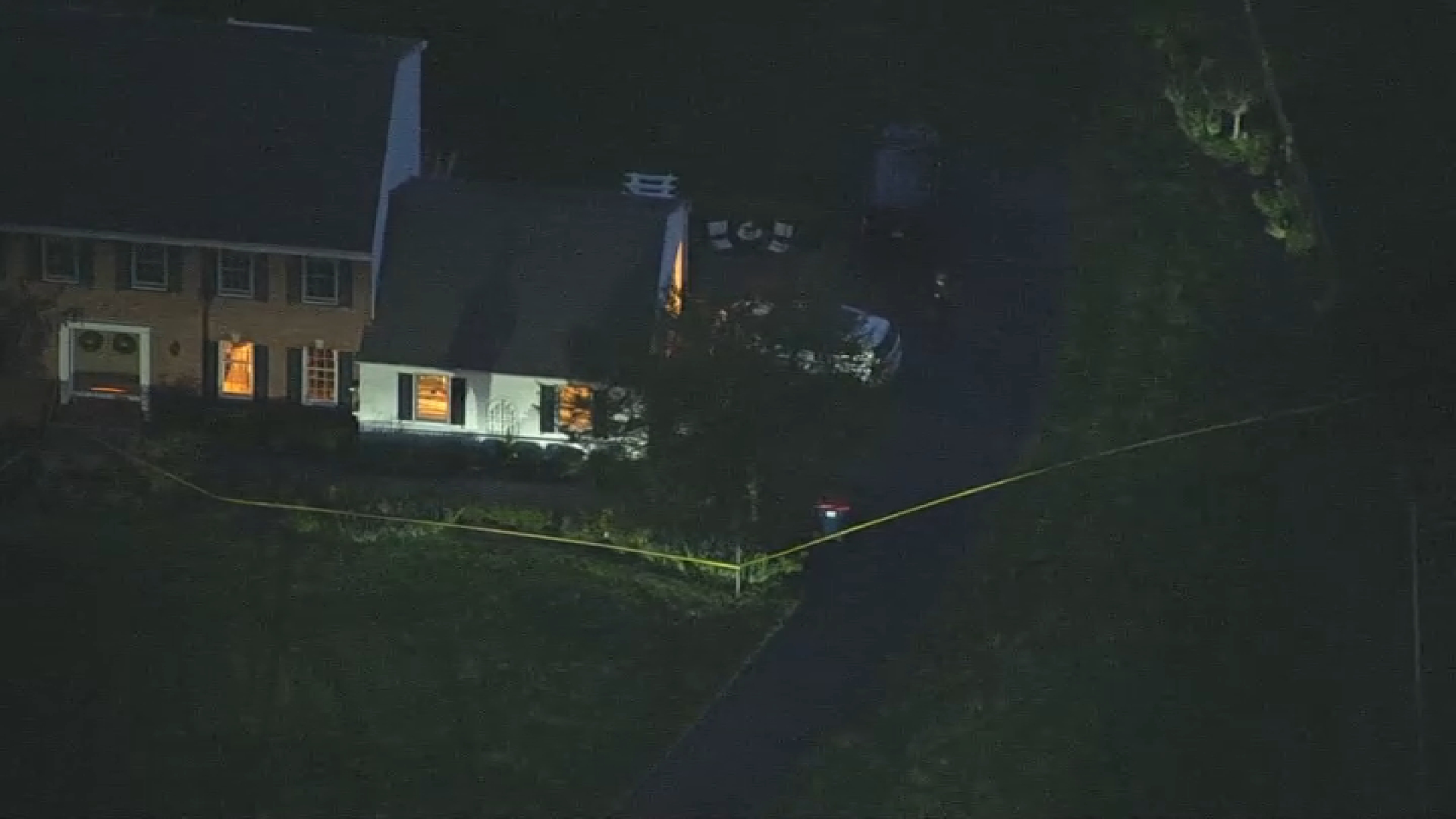The chief investigator in the criminal corruption case against Delaware State Auditor Kathy McGuiness tried repeatedly under cross-examination Monday to deflect responsibility for false statements he made in a search warrant affidavit and which were later reiterated in an indictment.
The testimony by Frank Robinson involved allegations that McGuiness orchestrated a no-bid communications services contract for My Campaign Group, a firm she had used as a campaign consultant when running for lieutenant governor in 2016, then deliberately kept the contract payments under $5,000 to avoid having to get them approved by the Division of Accounting.
Robinson told a judge in a sworn affidavit in the fall of 2021 that payments to My Campaign Group were split in August 2020, and again in September 2020, to keep them under $5,000, the threshold at which payments by state agencies require approval from the Division of Accounting.
In fact, before swearing to the truth of those statements, Robinson and lawyers in the attorney general’s office had seen a Division of Accounting spreadsheet about two months earlier indicating that the contractor received only one payment each month, both above $5,000 and both approved by the Division of Accounting. Robinson also stated in the affidavit that the contract with My Campaign Group was the only no-bid contract of at least $45,000 entered into by McGuiness’ office in which all payments were made below the $5,000 reporting threshold.
Get Philly local news, weather forecasts, sports and entertainment stories to your inbox. Sign up for NBC Philadelphia newsletters.
Under cross-examination by defense attorney Steve Wood, Robinson admitted, as he had done at an earlier evidence suppression hearing, that those prior statements were false.
“I have to admit that our understanding at the time was not accurate,” Robinson said, adding that it “would have been good” to call the director of the Division of Accounting and seek clarification before making the assertions contained in the search warrant affidavit.
Wood suggested that the reason Robinson didn’t make that call was because he already had a theory that McGuiness was splitting payments in order to avoid scrutiny of the contract payments, and that the spreadsheet was ignored because it didn’t fit that theory.
Local
Breaking news and the stories that matter to your neighborhood.
While admitting that the statements were false, Robinson said they were not “intentionally false.” He also tried to deflect responsibility by noting repeatedly that he was part of an “investigative team.”
That team consisted of Robinson — who has more than two decades of experience as a police officer and as chief special investigator for Division of Civil Rights and Public Trust — and attorneys associated with the division.
“I can’t speak to the thought process,” Robinson said when asked why statements were made in the search warrant affidavit that were contrary to what was contained in the accounting spreadsheet.
Under earlier questioning by prosecutor Mark Denney, Robinson denied that he intentionally misled the court in obtaining a search warrant. He said he had misread the spreadsheet, confusing “line splits” with payments, and that other members of the investigate team were operating under that same misunderstanding.
Robinson also testified that, after several employees in her office began talking to the attorney general’s office about concerns they had with her conduct, McGuiness in December 2020 asked state information technology officials whether anyone other than her had requested access to email accounts of anyone in the auditor’s office since January 2019.
Officials determined that, as an agency head, McGuiness would already be aware of email monitoring requests that were “not otherwise confidential,” and she would not be entitled to any information about confidential requests.
McGuiness, a Democrat elected in 2018, is responsible as state auditor for rooting out government fraud, waste and abuse. She is being tried on felony counts of theft and witness intimidation, and misdemeanor charges of official misconduct, conflict of interest and noncompliance with procurement laws. McGuiness is the first statewide elected official in Delaware to face criminal prosecution while in office.
Prosecutors allege, among other things, that the way McGuiness' office handled payments for My Campaign Group was a deliberate attempt to avoid regulatory scrutiny and amounts to illegal financial “structuring” of a contract.
Prosecutors also allege that McGuiness hired her daughter and her daughter’s best friend as temporary employees in 2020, even though other temporary employees had left because of the lack of available work amid the coronavirus pandemic. Authorities allege that in hiring her daughter and exercising control over taxpayer money with which she was paid, McGuiness engaged in theft of state money and conflict of interest.
Authorities also allege that when employees in her office became aware of McGuiness’ misconduct, she responded by trying to intimidate the whistleblowers, including monitoring their email accounts.



